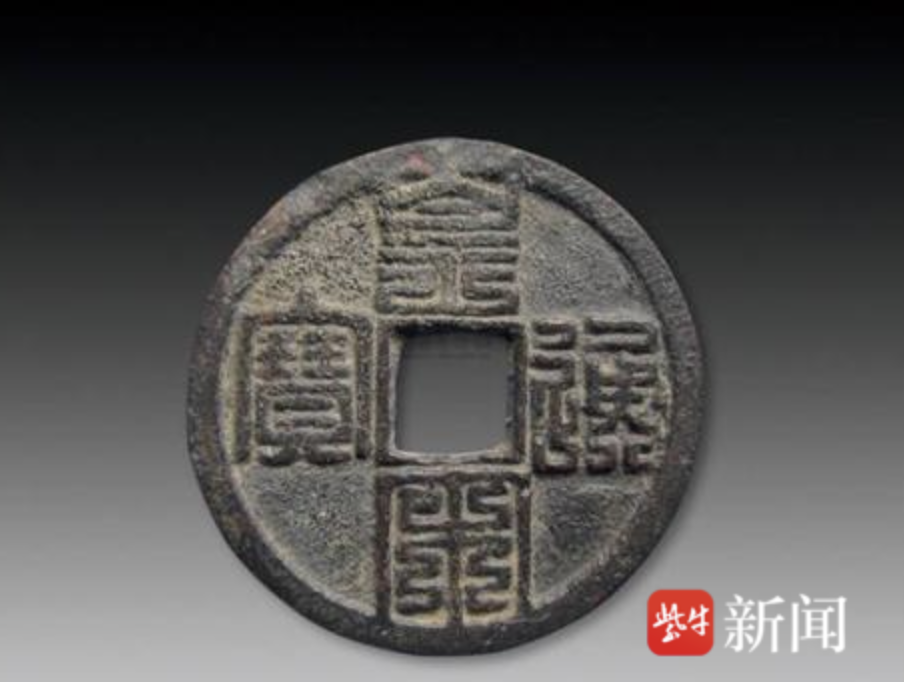
Photo: Screenshot from website
Twenty ancient coins from China’s Northern Song Dynasty (960-1127) were unearthed at a temple on Jeju Island on Thursday, which can be seen as proof of cultural exchanges and trade between China and South Korea since ancient times.
The South Korean institute of cultural relics announced that the 20 Chinese Northern Song coins and a copper tower were unearthed at the temple site. According to local media reports on Sunday, there were three types of Northern Song coins unearthed this time, including Xianping Yuanbao, Huangsong Tongbao and Zhiping Yuanbao. Based on the discovery, archaeologists believe that the temple was built in the early or middle 11th century.
The new discovery proves again the long history of exchanges between China and the Korean Peninsula, Lü Chao, an expert on Korean Peninsula issues at the Liaoning Academy of Social Sciences, told the Global Times on Sunday.
Lü noted that the discovery of Northern Song Dynasty coins in South Korea can offer more historical materials for researching the two countries’ cultural exchanges and trade in ancient times.
In addition to the coins, archaeologists also unearthed a multi-layer pagoda in the temple ruins. The pagoda is only the size of an adult’s fist.
These are not the only Chinese cultural relics discovered in South Korea. Several Chinese cultural relics, including ancient coins and porcelain works, were found in the waters off the coast of a South Korean island in November 2020.
A giant stone in the waters of Jeju Island that belonged to an ancient Chinese merchant boat dates back to around 900 years ago. The stone, which is 3.1 meters long and weighs 586 kilograms, was mainly used as an anchor for mooring the ship.




